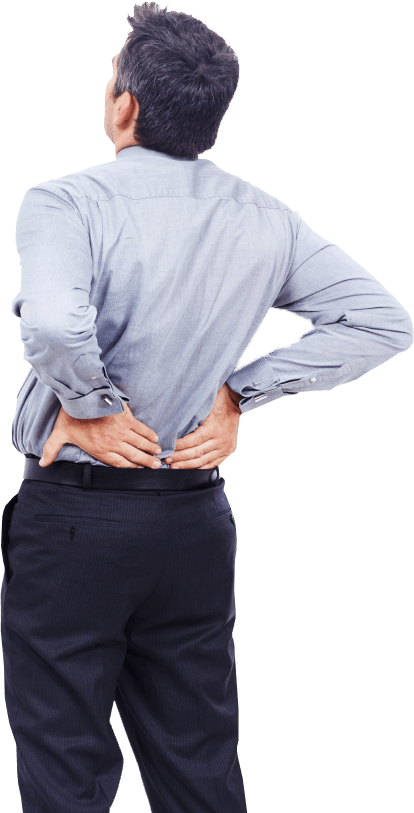Kidney Stones Pack A Big Punch
- Category: In The News
- Posted On:
 While a kidney stone is a common and painful problem affecting both men and women, men are about four times more likely to develop the condition.
While a kidney stone is a common and painful problem affecting both men and women, men are about four times more likely to develop the condition.It is believed that men are more vulnerable to kidney stones–the most frequent disorder afflicting men–because of their larger muscle mass as compared to women.
Kidney stones are the reason for almost 3 million visits to health care providers and more than half a million visits to emergency rooms each year.
A patient with a kidney stone typically complains of severe back or abdominal pain, nausea or vomiting, bloody urine and other changes with urination. There may have been similar episodes in the past. The stone causes severe pain because as it travels down the urinary tract from the kidney to the bladder, it can get lodged in the ureter and block the flow of urine.
Occasionally a high fever and kidney infection can accompany these symptoms. Kidney stones are usually diagnosed with a combination of urine and blood testing, as well as a CT scan or ultrasound of the urinary system.
Options for treatment include trying to pass the stone without intervention, lithotripsy (breaking it up using ultrasound) or using a laser to break it up.
You can help prevent kidney stones by drinking plenty of water throughout the day and avoiding excess caffeine and soft drinks.
For more information about kidney stones or other urinary conditions, see your health care provider or make an appointment with Dr. Stephen M. Graham or Dr. Brad M. Lake by calling Northshore Urological Associates at (985) 230-7860 in Hammond or (225) 686-4960 in Livingston.




[1].jpg)